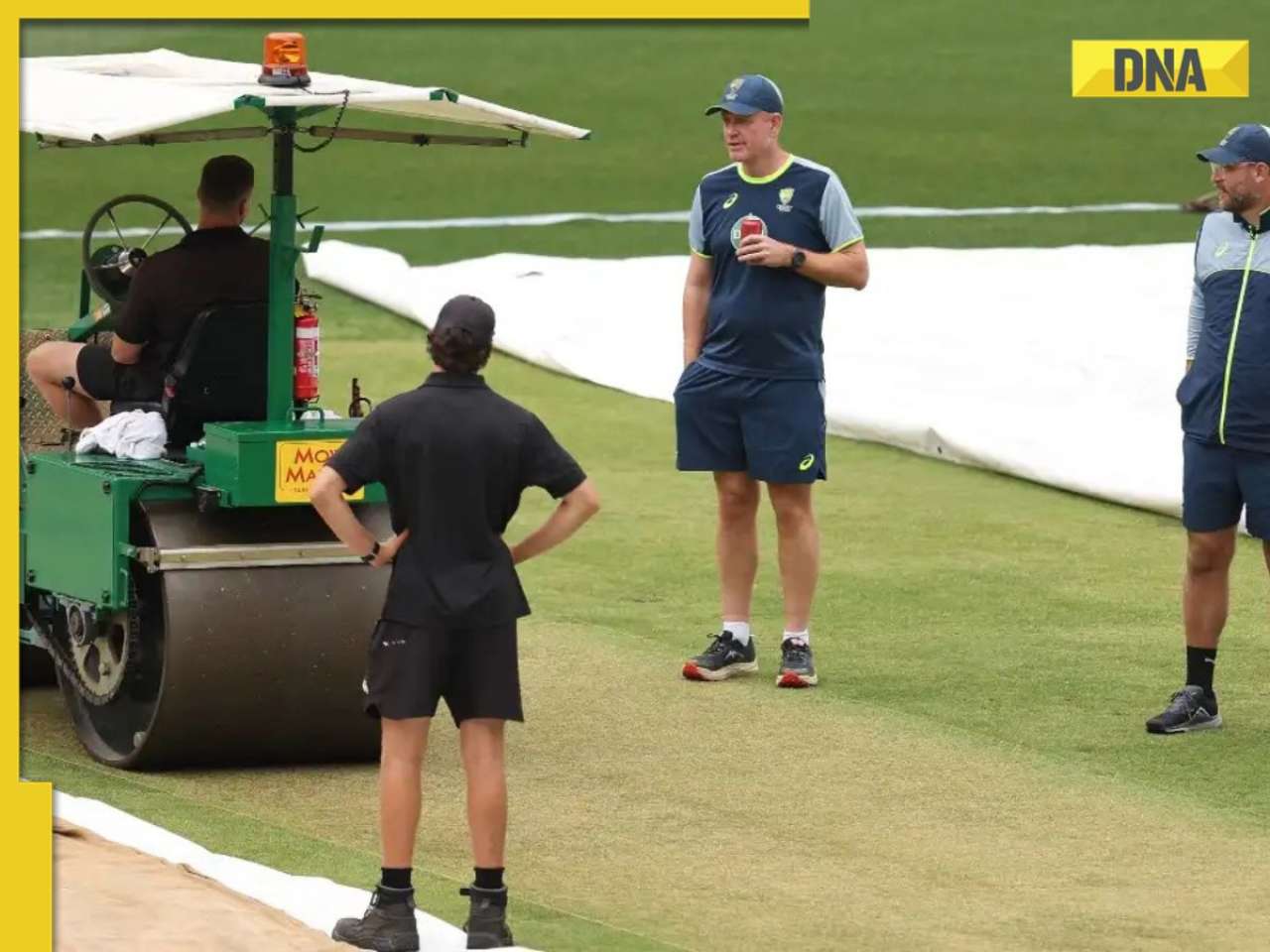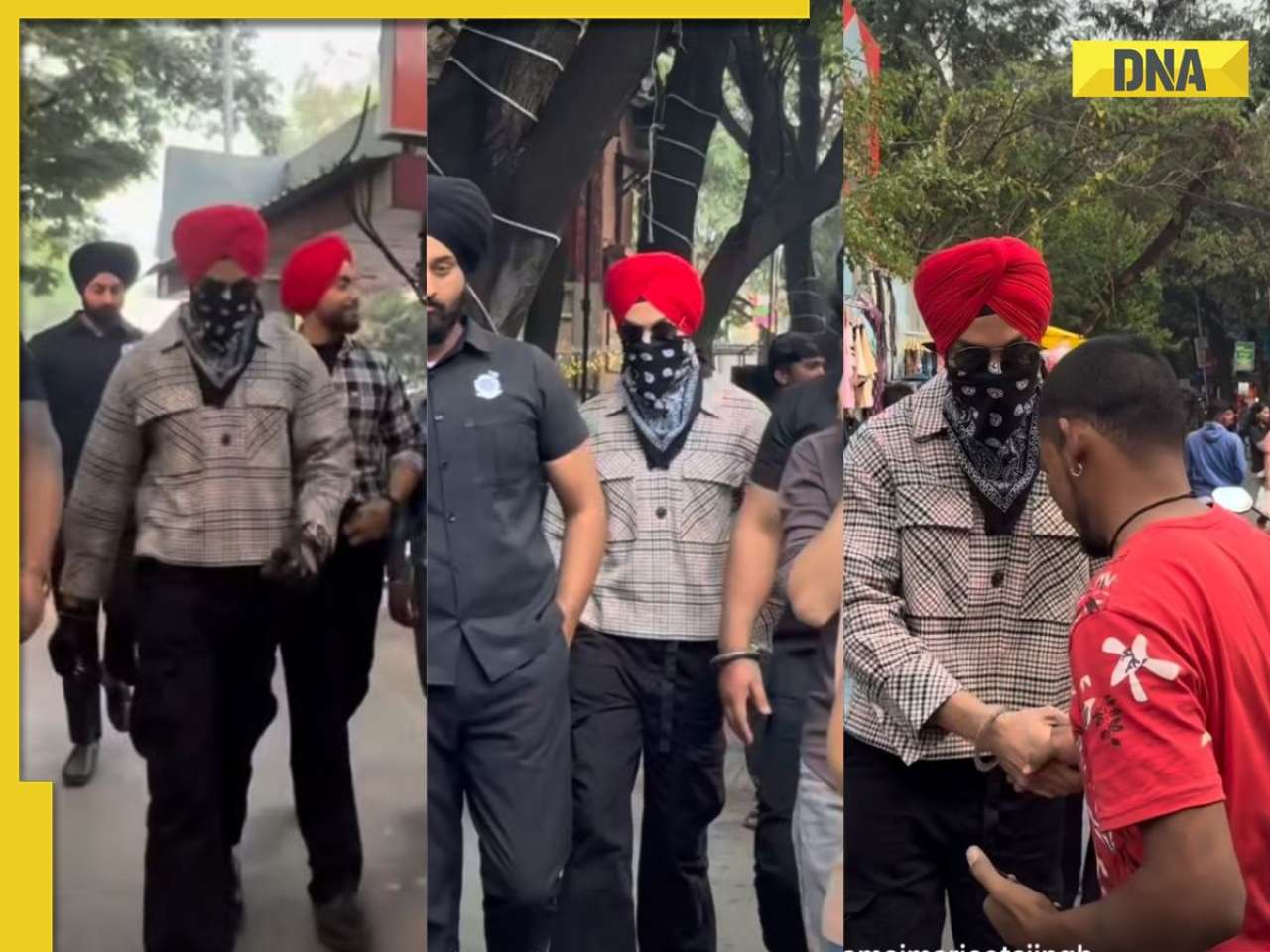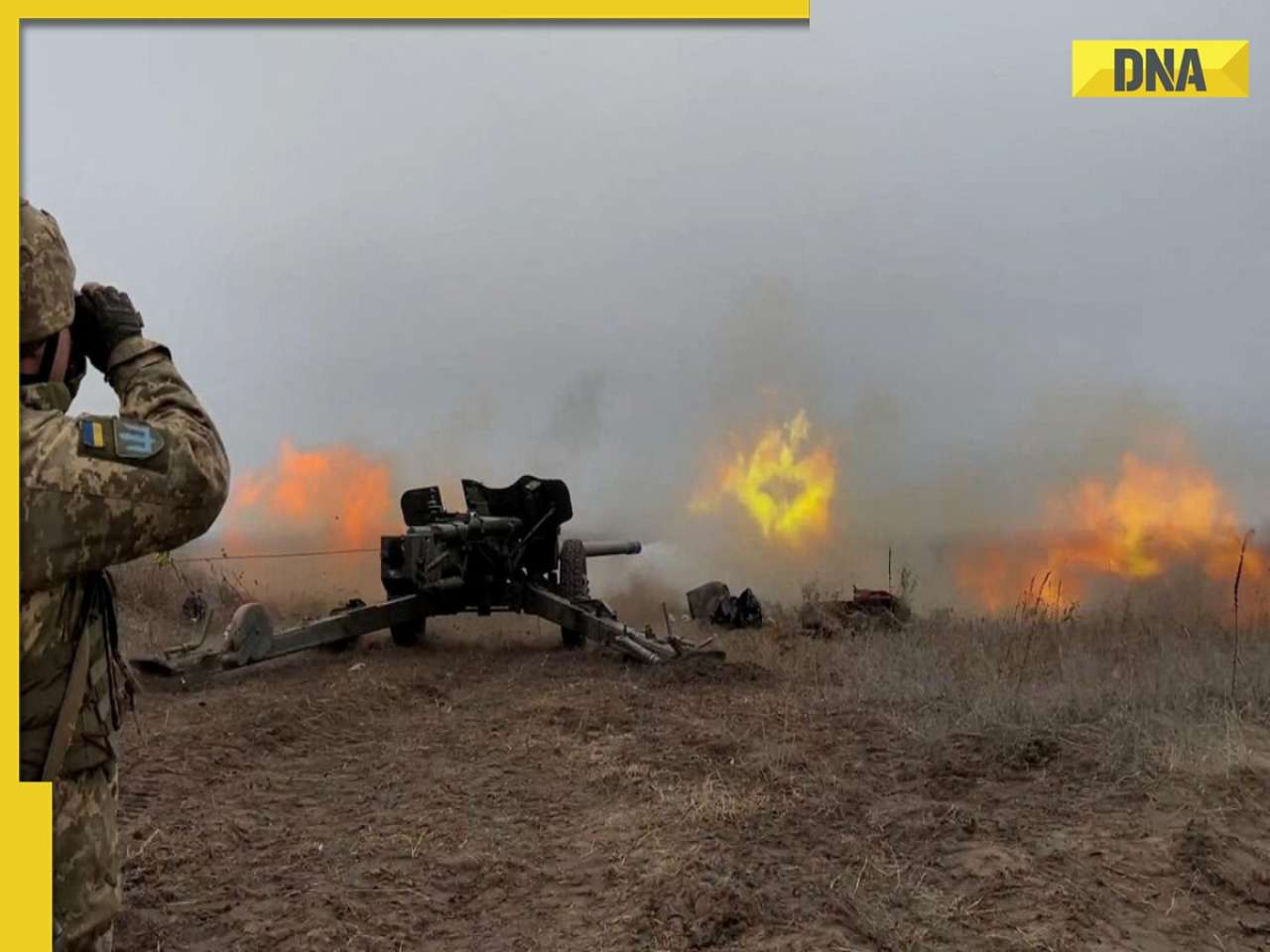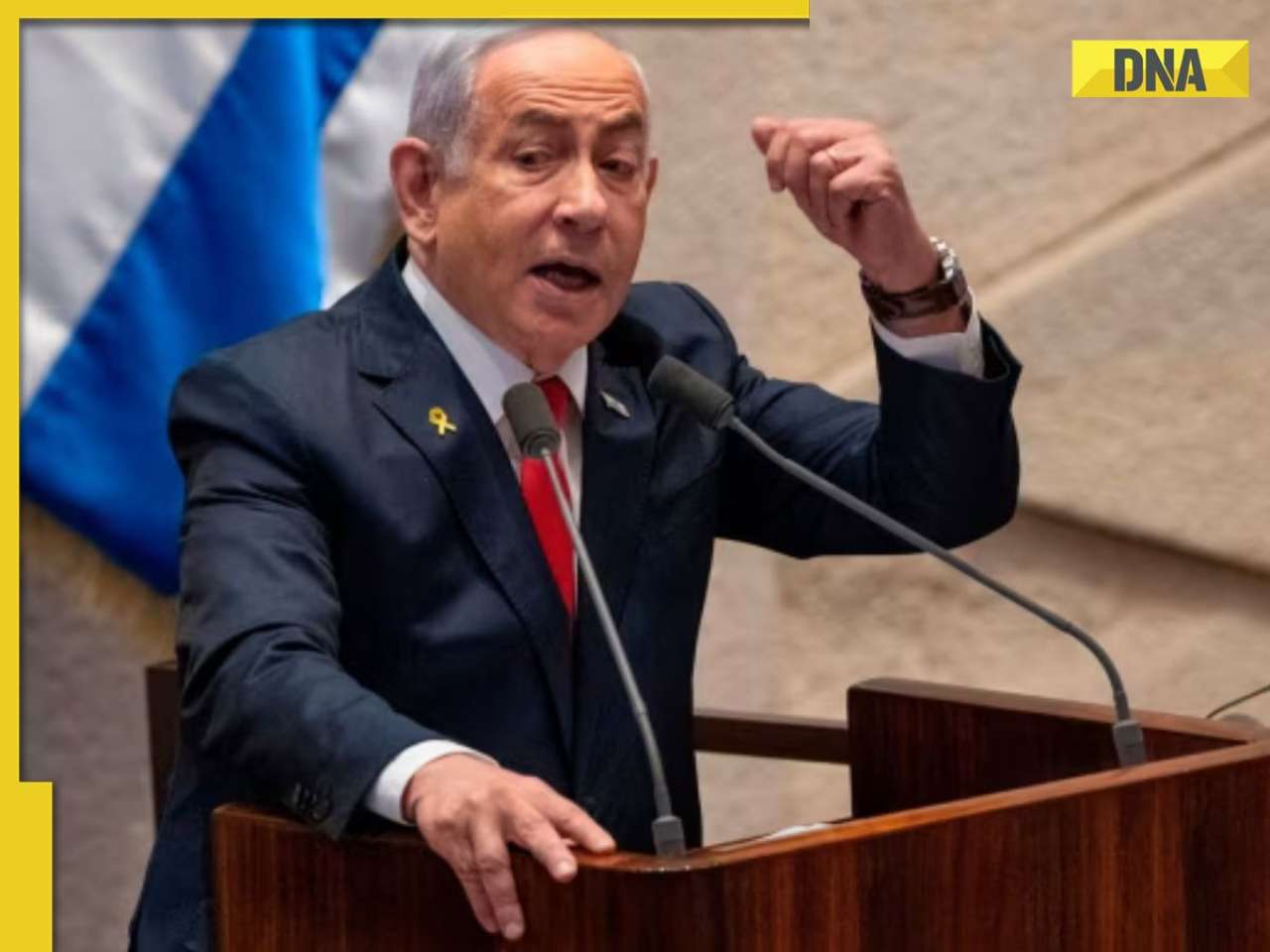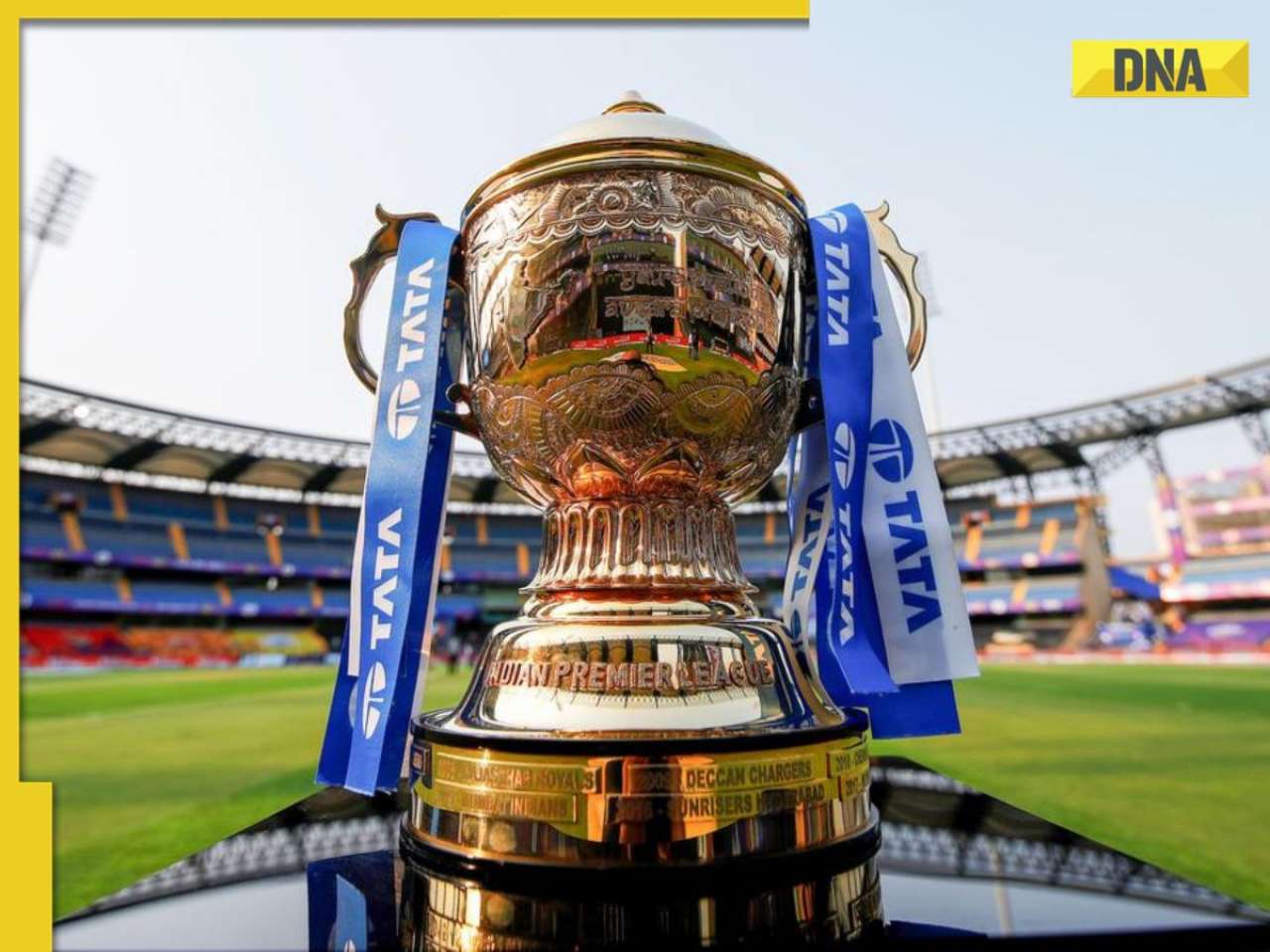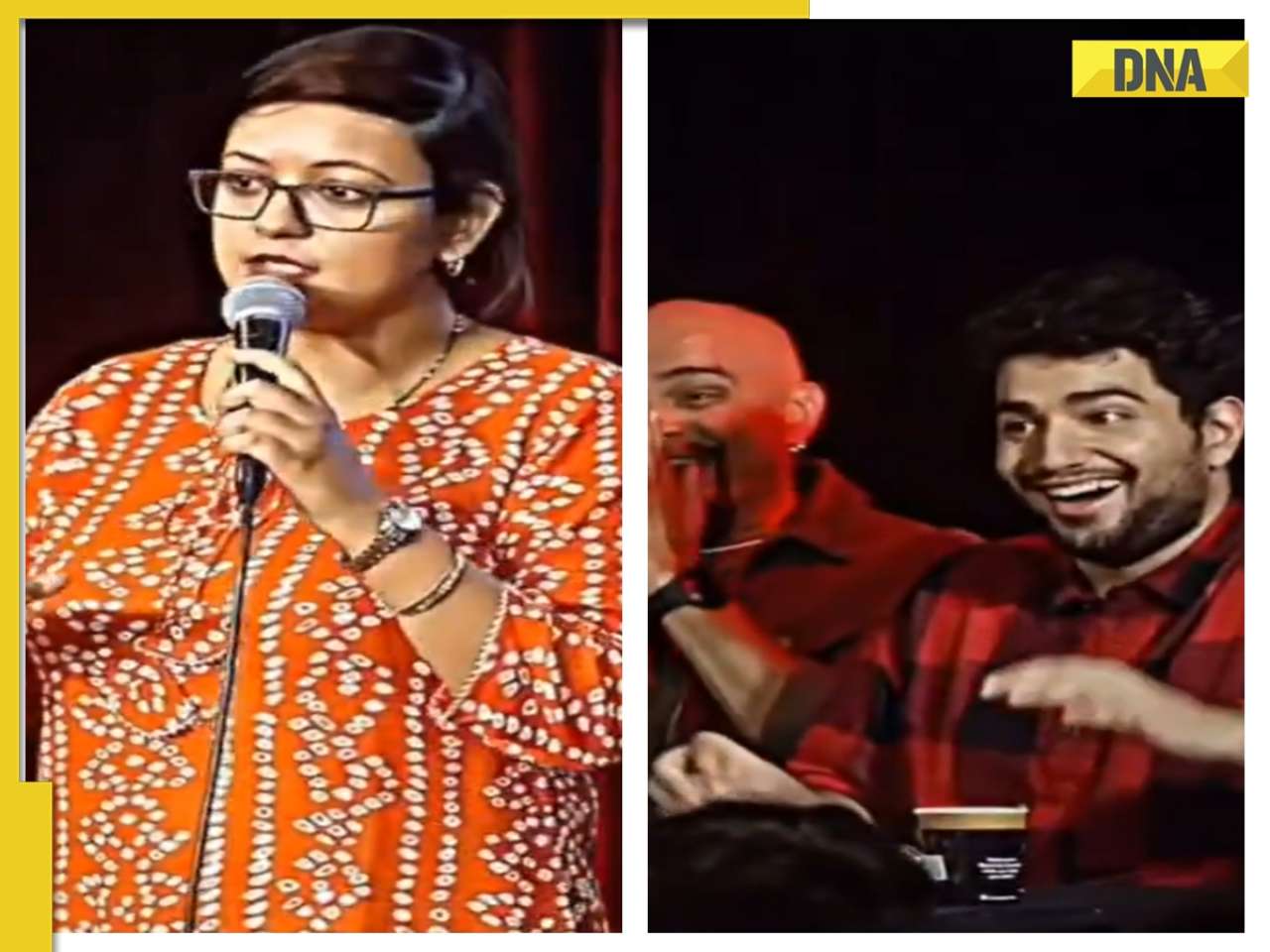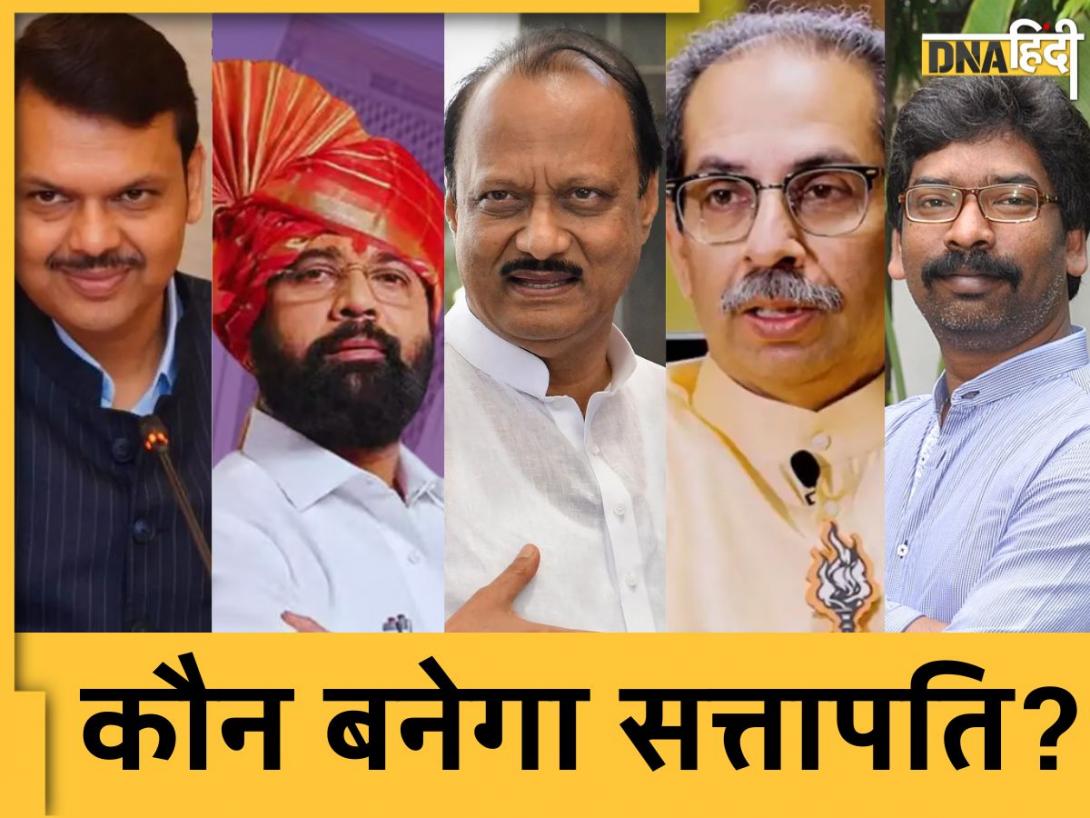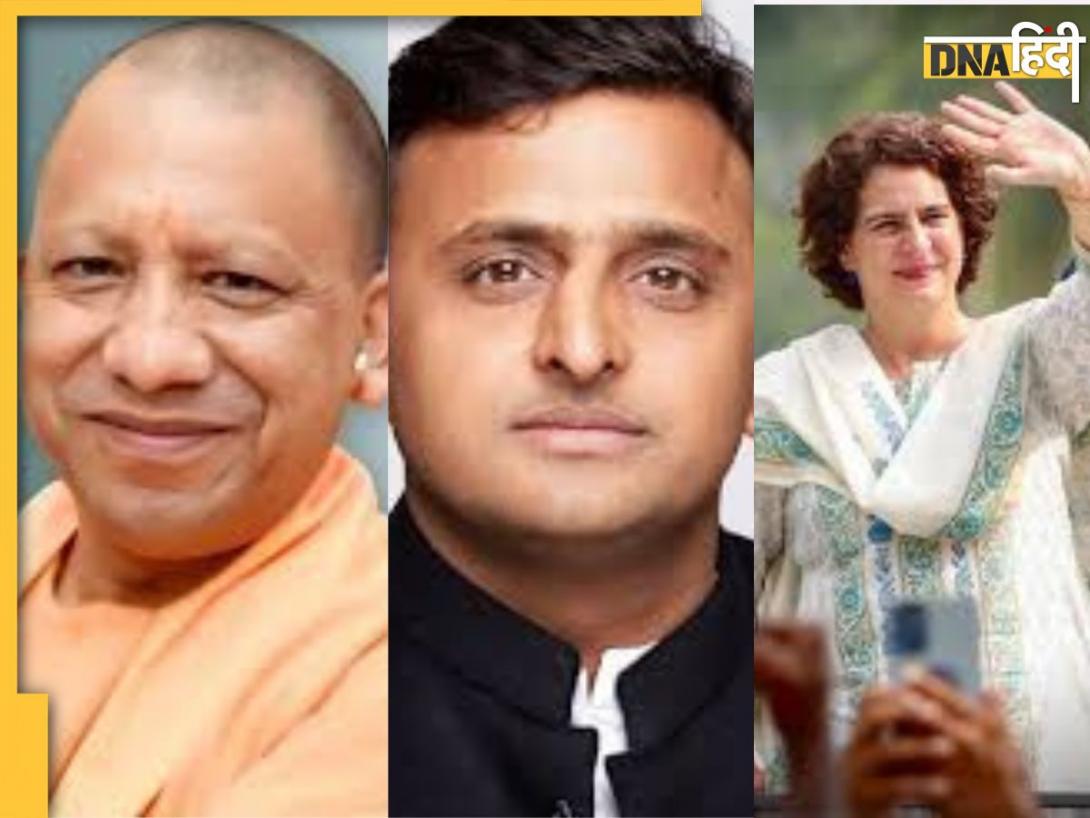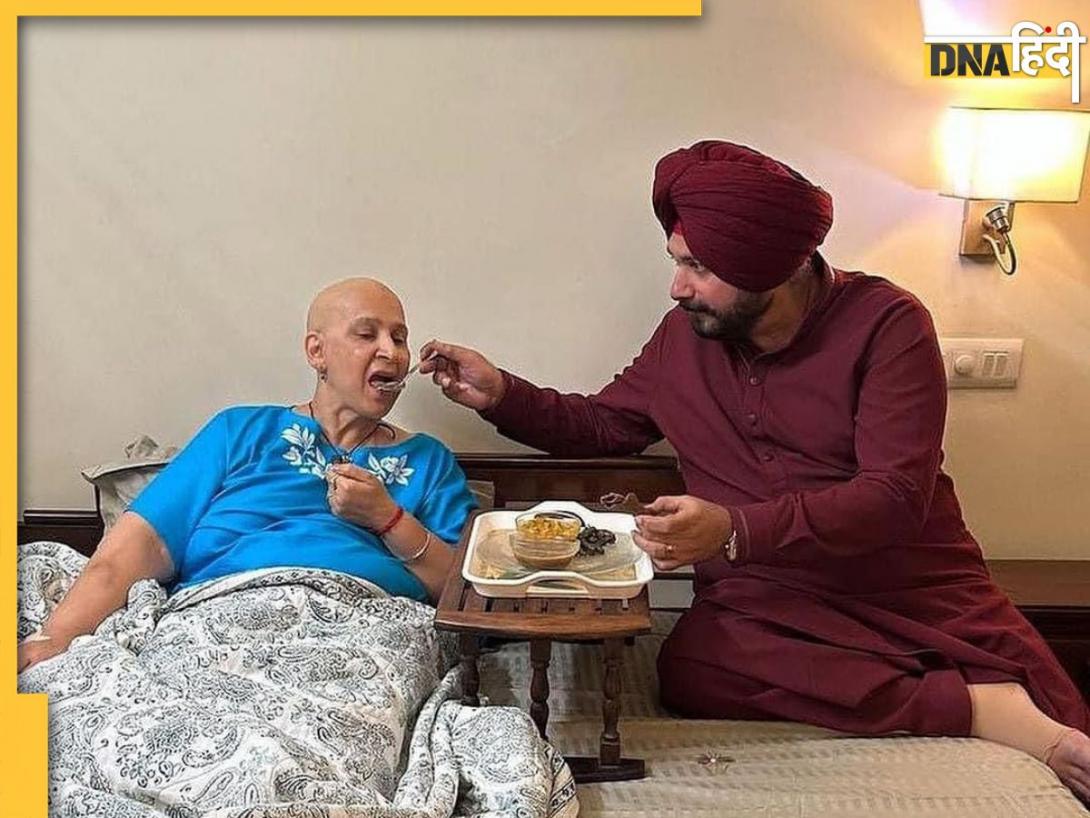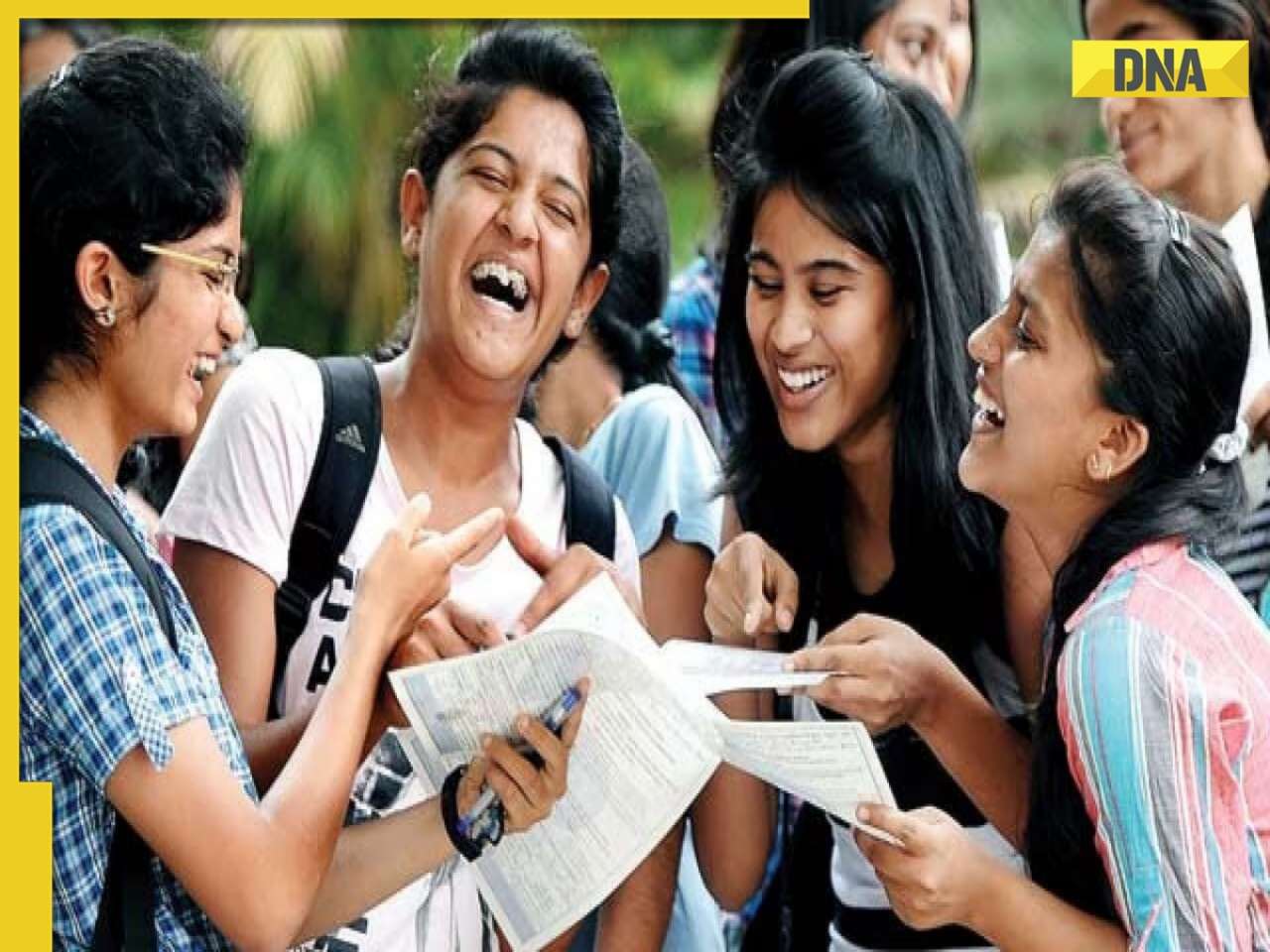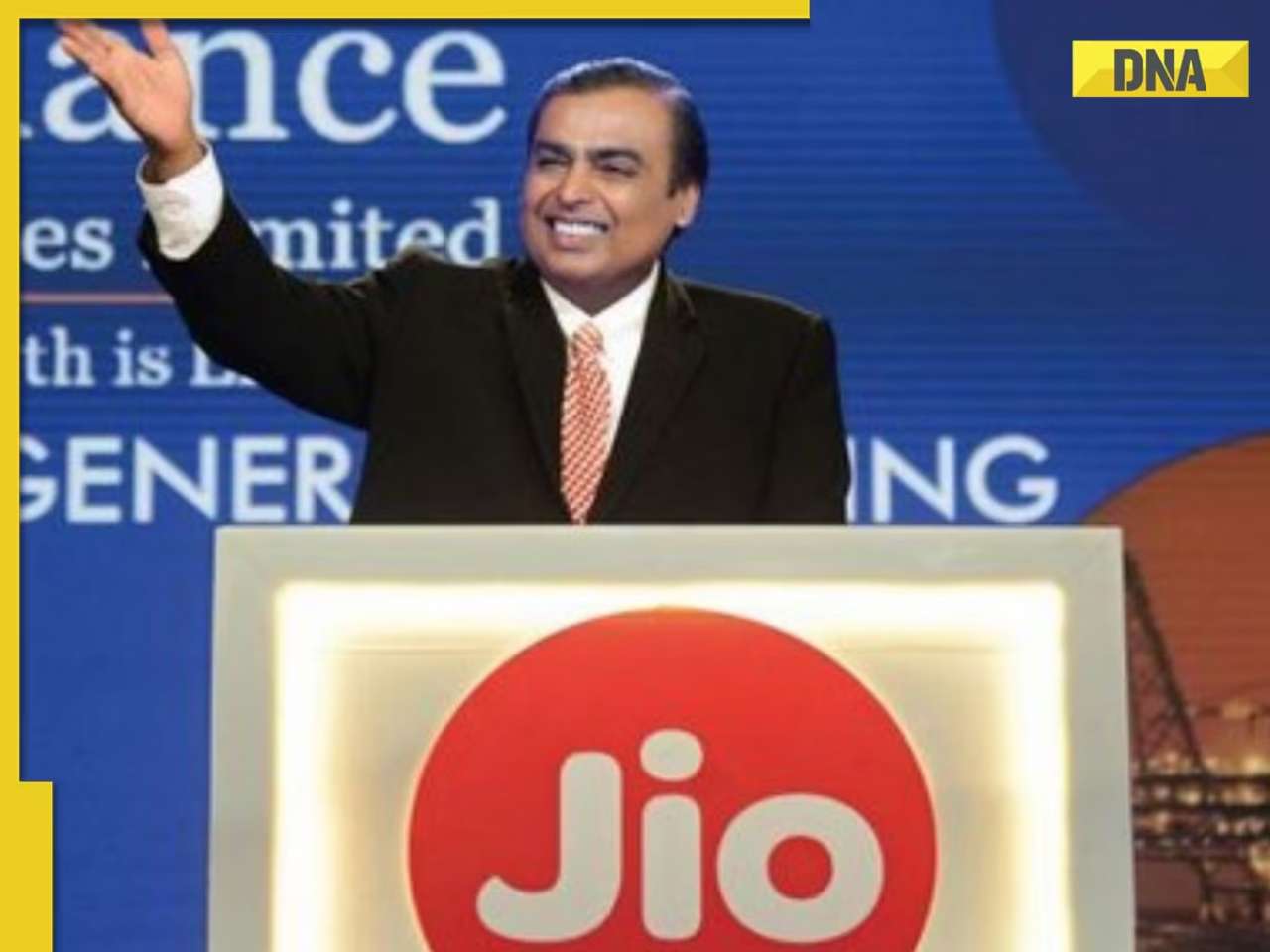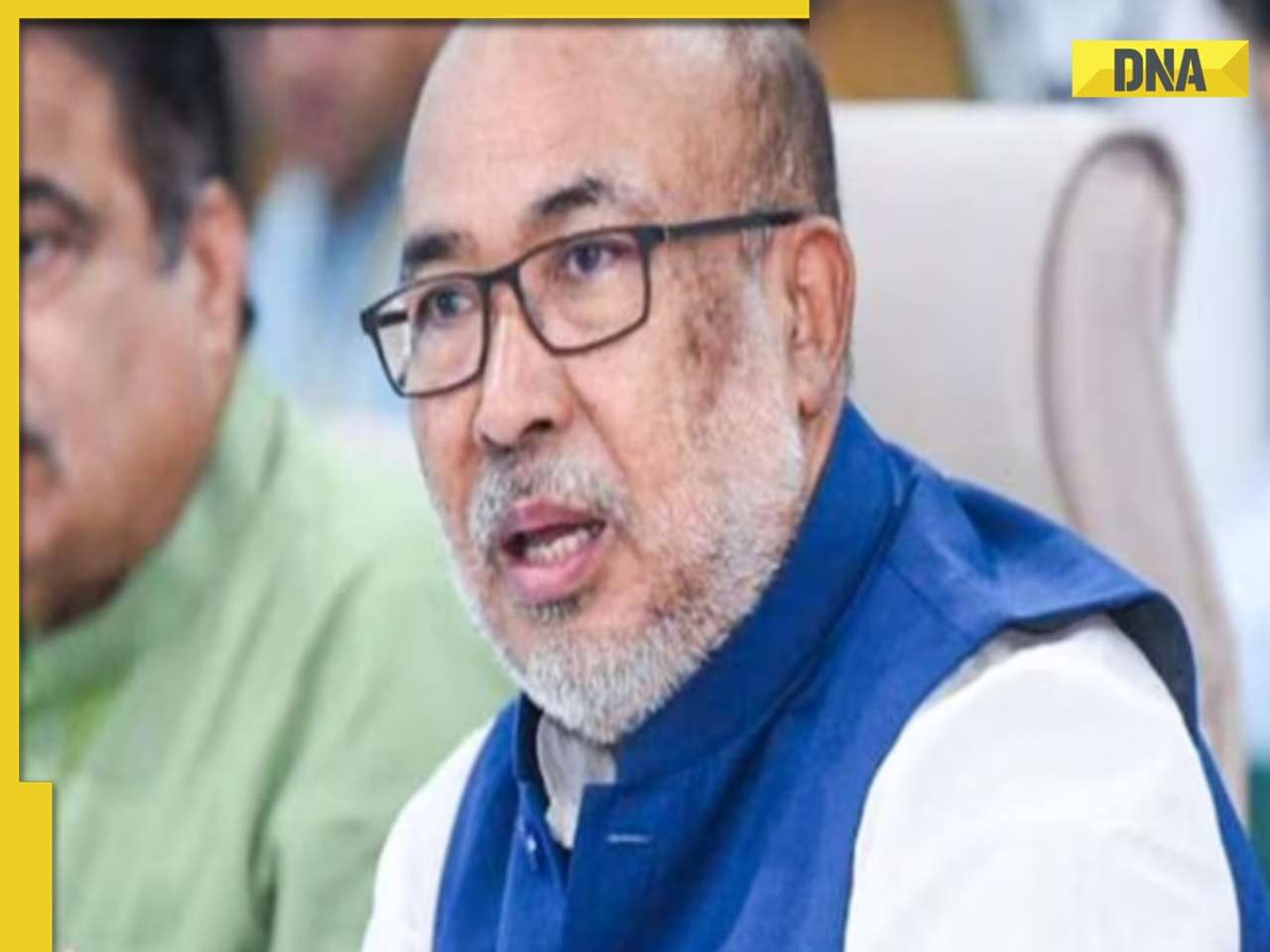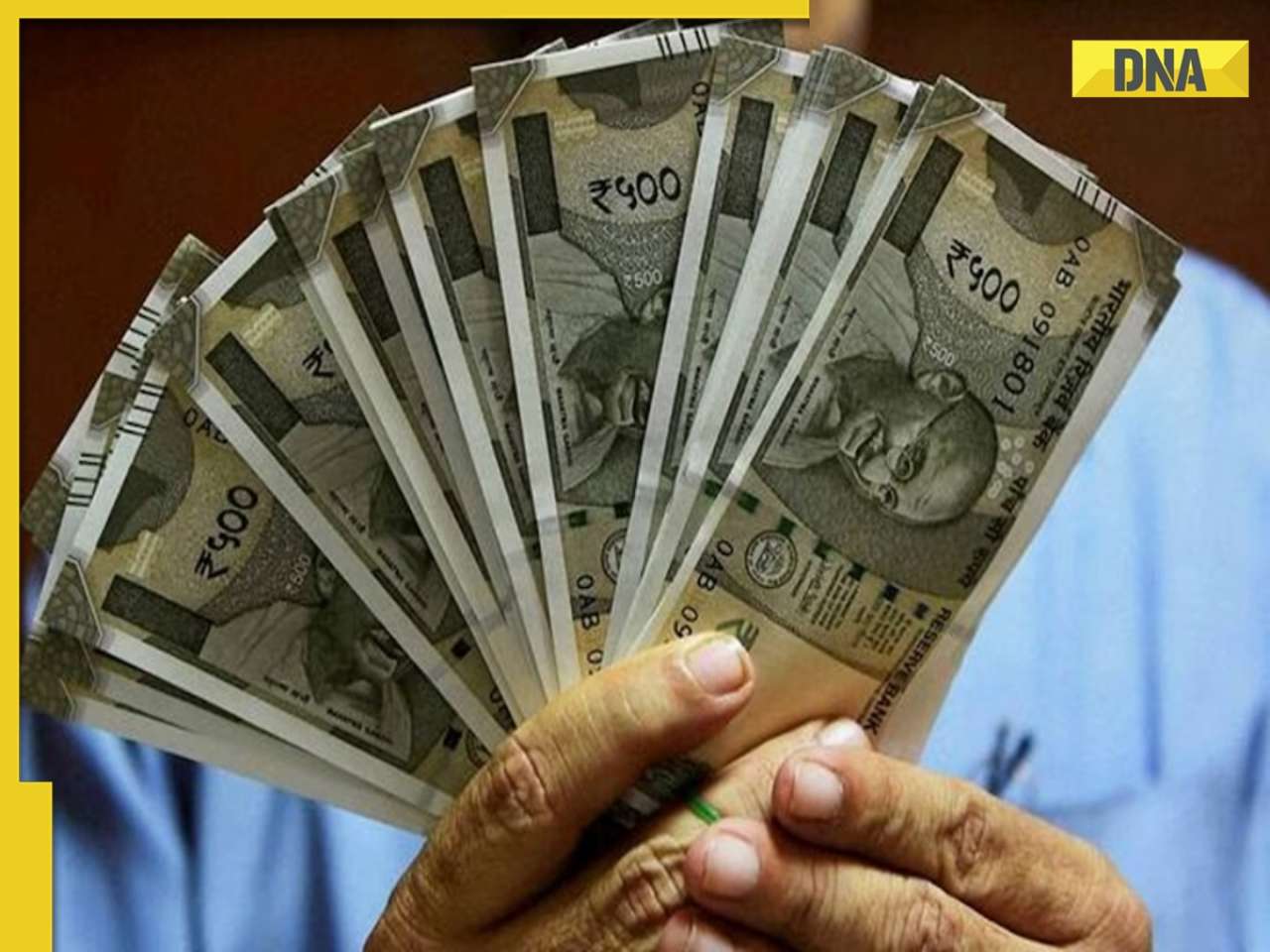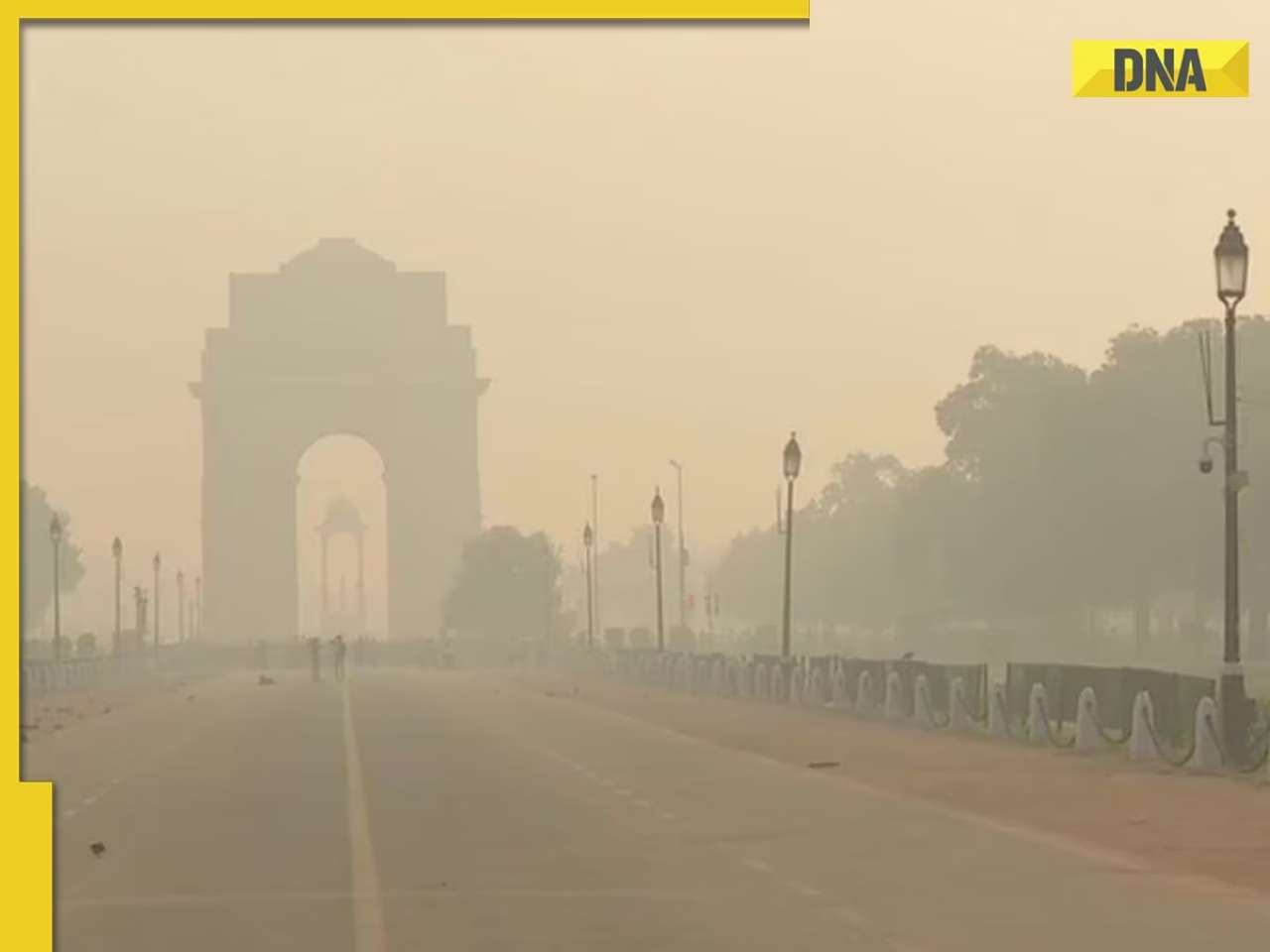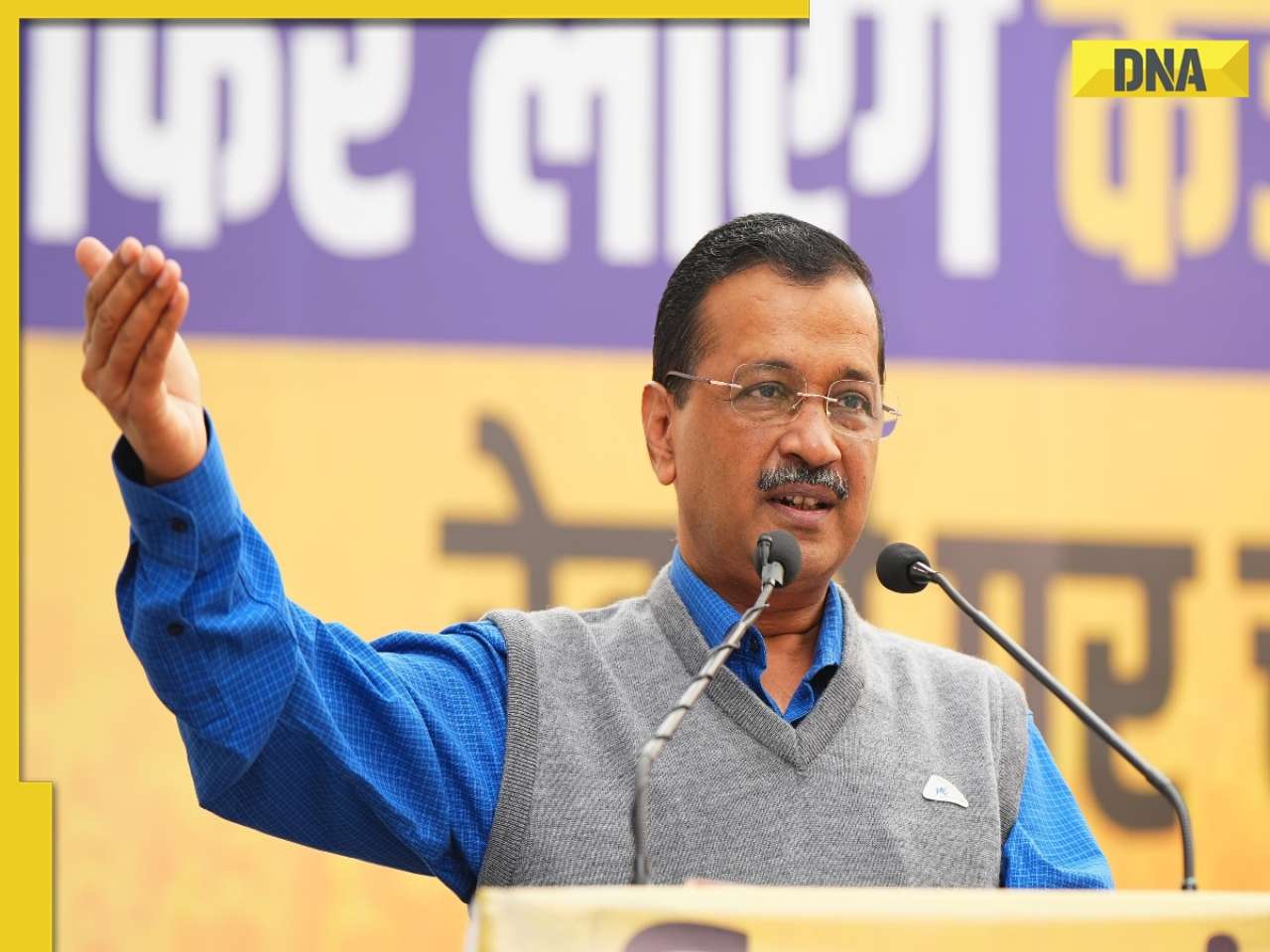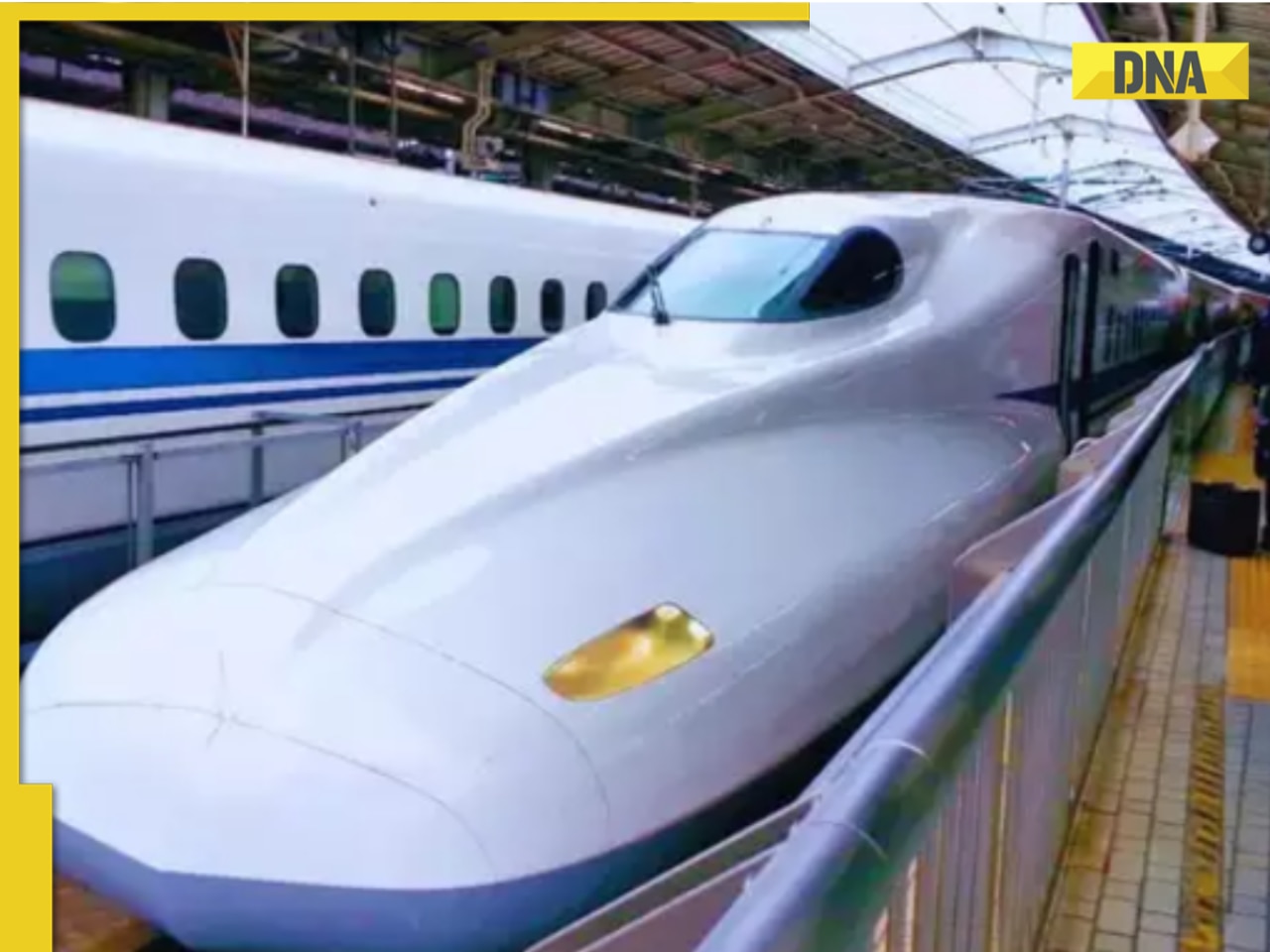- LATEST
- WEBSTORY
- TRENDING
ANALYSIS
Madness & violence in growing contours of Partition writing
The book comes from the space of an insider, Kala’s empathy drives this history from below. Overall, a sage addition to the existing and growing corpus of partition writing
TRENDING NOW
Madness entails breakdown of a given, in the way “eccentric” presupposes a centre, a fixity, a point of departure. A psychiatrist employs this benchmark to diagnose maladies of the mind, but intuitively acknowledges its tacit caprice. Like in times when the centre/fixity itself comes undone. Foucault, in a sense, problematises madness and its institutionalisation in philosophic and political terms. And it does lend itself to the event of Partition, given its absolute black hole of absurdity. Amitav Ghosh in The Shadow Lines creates the metaphor of a divided family house, its belligerent occupants, owing to their peculiar legal obduracy, draw a dividing line so impeccable that it ploughs bang through the middle of the old nameplate and commode. Now, say what use are half name plates and half commodes? Similarly, Manto takes his famous jibe at this new universe of ‘absurdity’ in Toba Tek Singh. In a new offering, Anirudh Kala in The Unsafe Asylum: Stories of Partition and Madness (2018, Speaking Tiger) amplifies the voice of purported “lunatics”. The naivety of “the rear end of humanity” duly punctures the sophistry of arguments advocating Partition. Then there are the displaced people, their trauma turning into maladies over time.
Of late, a more sustained “recollection in tranquility” of Partition is underway: a substantial oeuvre of fiction, memoirs, orature and interviews is slowly but steadily building. And only expected, given the sheer magnitude of the event wherein 1 million died and 14 million were displaced. It has had an echo in the homes and hearths for more than half a century. Even three generations down, Partition does remain the single most defining experience of Punjabi identity. It is still customary to reveal your “original” district in Pakistan while giving a “proper” family introduction.
What Kala does in this book of interconnected short stories, is to connect the two powerful strands in his own identity: by his own admission “an embryo” when his parents crossed over to the Indian side from Lahore; Kala is a psychiatrist based out of Ludhiana, and through his three decades long practice, has dealt with the psychological impact of the tragedy on everyday scale. He has made sustained attempts to make the idea of displaced community an inclusive, collaborative one by engaging with psychiatrists on the other side. What this does is to undo the binaries of “them-us”, “perpetrator-victim”, “inside-outside”, “here-there”. As methodology, case studies too have a narrative about them and psychiatry has an inbuilt tradition of these “stories”.
In No Forgiveness Necessary, Rulda and Fattu, inseparable asylum inmates, mirror images of each other, in identical striped pyjamas are eminently interchangeable, especially with homely nicknames like that. Except that owing to their Muslim-Sikh identities, they would be separated. Their seemingly simplistic conversations bring out the heartbreaking absurdity of the situation. The Good Samaritan doctor, Iqbal, is constantly sucked up in the bureaucratic work of segregating Hindu-Sikh inmates for deportation. One day he is shot dead in the Partition violence. Decades later, turns out that, his killer was a bereaved father, a Sikh soldier whose little boy had been killed while he was desperately looking to avenge the loss. Who is the victim and who is the perpetrator? In recognising the humanness of both ends, closure happens. Pain morphs into understanding.
Then the character of Prakash Kohli, in Belly Button is born in the hands of a Muslim dai (midwife) while violence of Partition rages on outside in the streets of the mohalla. Owing to fear, the tremors in the midwife’s hands end up as a sloppy knot on the umbilical cord, explaining Kohli’s protruding Belly button, a lifelong oddity. The analogy of the painful birthing of the nation cannot be missed here.
The plight of women as mere objects of exchange was deepened during Partition when many were abandoned and many committed suicide to escape rape/shame. In angst Amrita Pritam had called out to Waris Shah, in the anthemic Ajj Aakhan Waris Shah Nu. Some were never accepted into their family fold, some ended up as spouses of strangers to ensure roofs over their heads. The protagonist of Sita’s Bus, Harpreet/Firdaus is a victim of this culture of shame. Then, there is a matriarch who, years after moving to India, hallucinates about a murderous mob. There are broken characters, some die on way, some escape and resettle, only to relive the trauma recurrently or develop a quirk along the way.
The book comes from the space of an insider, Kala’s empathy drives this history from below. Overall, a sage addition to the existing and growing corpus of partition writing.
The writer teaches English Literature at a college in Chandigarh. Views are personal.

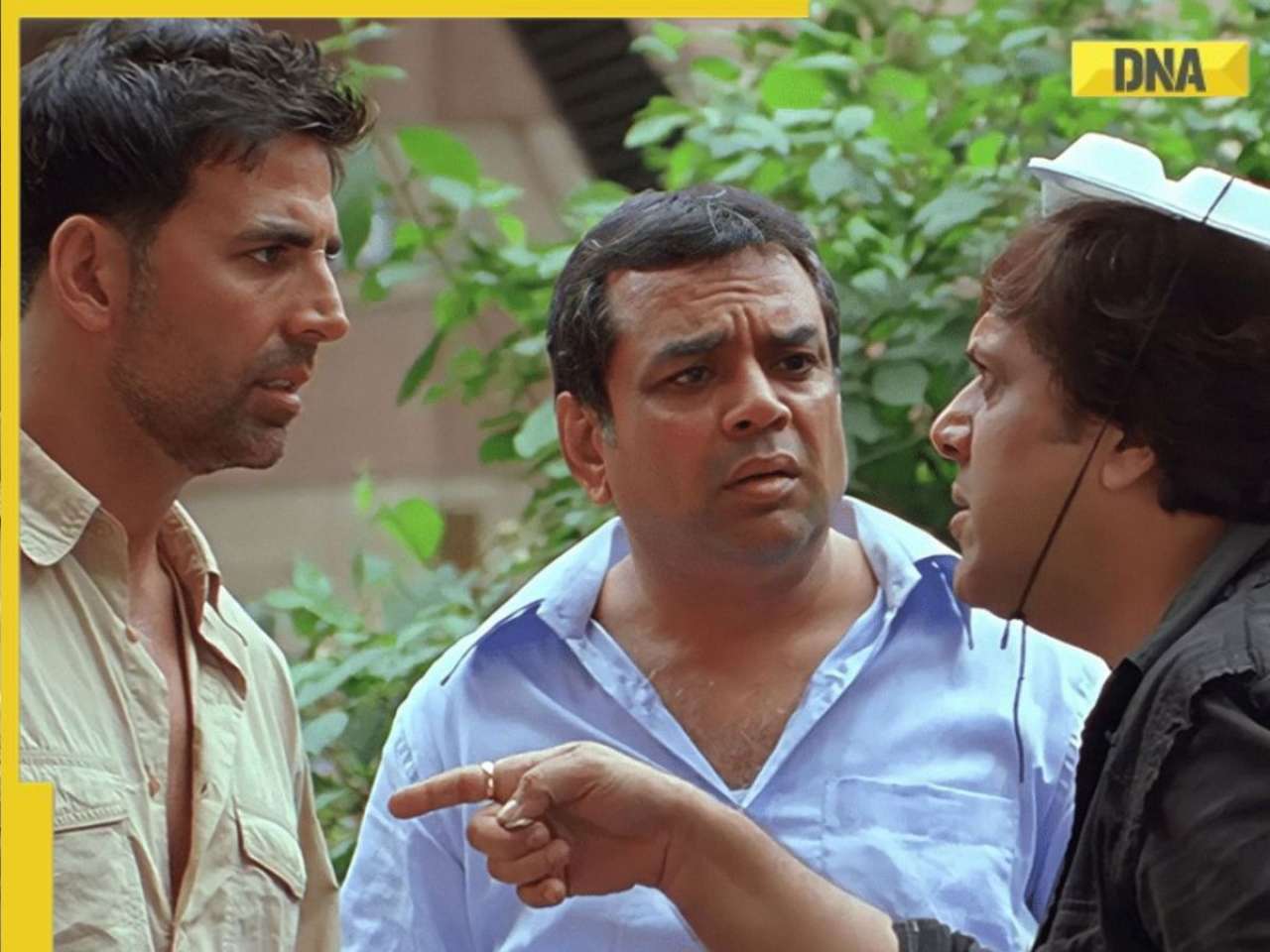





)
)
)
)
)
)
)
)
)
)
)
)
)
)
)
)





